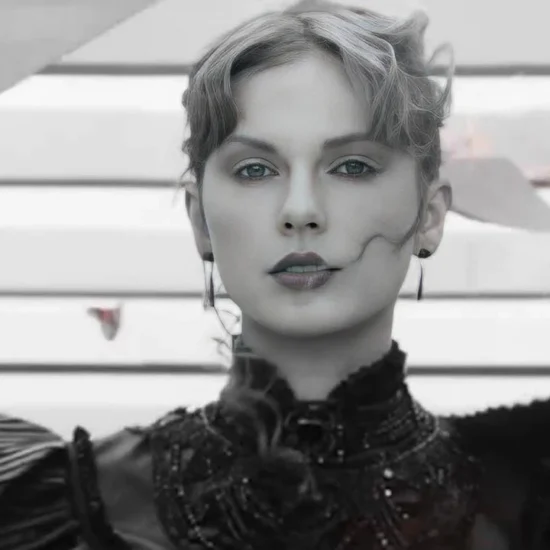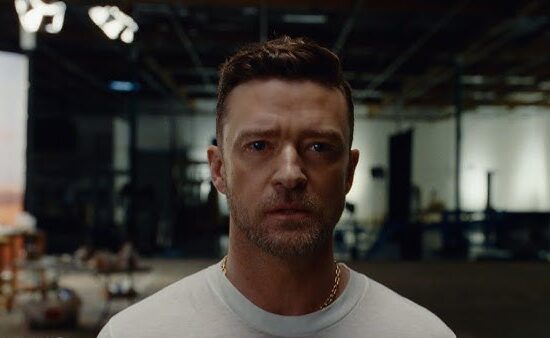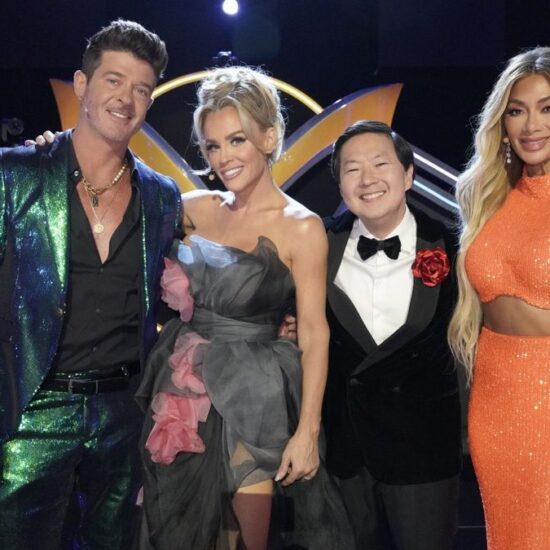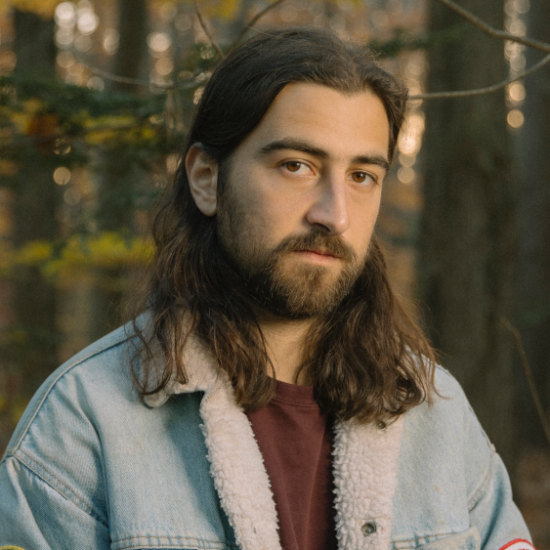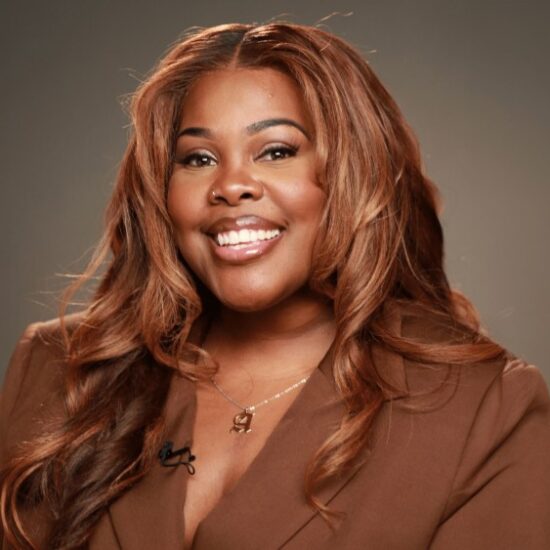
Is it real — or is it YouTube‘s robot singer copying a pop star’s vocal stylings?
YouTube announced new AI music experiments it has been developing with Google’s DeepMind artificial intelligence lab. The most interesting (and possibly most disorienting) of YouTube’s AI tests is Dream Track in YouTube Shorts. Here’s how it works: A user types an idea into the creation prompt and selects a participating artist, then voilà — it produces an original song snippet up to 30 seconds in length featuring the AI-generated voice of that artist.
YouTube is working with nine artists who have agreed to collaborate on the Dream Track experiment: Alec Benjamin, Charlie Puth, Charli XCX, Demi Lovato, John Legend, Papoose, Sia, T-Pain and Troye Sivan.
“The development of AI technology is rapidly changing the way we navigate the landscape and I believe as artists we need to be a part of shaping what that future looks like,” Lovato said. “My career has been about pushing boundaries of and creating the most interesting music for my fans. I am open minded and hopeful that this experiment with Google and YouTube will be a positive and enlightening experience.”
Dream Track is powered by Lyria, Google DeepMind’s “most advanced music-generation model to date,” according to the video platform. Currently, Dream Track and YouTube’s other early AI music tools are “only available to a small group of artists and creators,” YouTube said, adding that it’s encouraging “feedback to inform future products and tools.”
“At this initial phase, the experiment is designed to help explore how the technology could be used to create deeper connections between artists and creators, and ultimately, their fans,” YouTube head of music Lyor Cohen and Toni Reid, VP of emerging experiences and community products, wrote in a blog post Thursday.
Here’s an example YouTube released of a “Charlie Puth” melodic phrase generated based on the prompt, “A ballad about how opposites attract, upbeat acoustic”:
And here’s the snippet that Dream Track created for T-Pain, based on the text input “A sunny morning in Florida, R&B”:
In a statement provided by YouTube, Puth said: “I’m extremely excited and inspired… YouTube has been a great partner in outlining their approach to AI and understands the need to work together to develop this technology responsibly, ensuring it will accelerate creativity instead of replacing it.”
For his part, T-Pain was quoted as saying: “I have always been about pushing the boundaries of technology and harnessing it to make the most interesting music for my fans. Who knows what the future holds but joining hands with YouTube + Google to help shape that future feels like a great first step.”
The use of AI to mimic artists’ voices and styles has been fraught: Earlier this year, Universal Music Group filed copyright-infringement claims to remove an AI-generated song from YouTube and other platforms called “Heart on My Sleeve” that sounded like a collaboration between Drake and the Weeknd — neither of whom was involved with the song.
In a video about the new AI experiments, Cohen (who is the former head of Warner Music Group) called out another tool — one that lets you sing a few bars of melody to create a horn section.
“The potential of AI is incredibly exciting,” Cohen said. “But with any new technology, we have to approach it responsibly and that’s not lost on us. It starts by recognizing that artificial intelligence is meant to amplify human creativity — not replace it.” He cited YouTube’s recently released statement of principles in working with the music industry on AI.
On the guardrails front, this week YouTube announced new policies requiring creators to indicate when they’ve uploaded AI-generated content and said it will introduce new ways to request the removal of content on YouTube that “simulates an identifiable individual” or “mimics an artist’s unique singing or rapping voice” without permission.
Watch YouTube’s sizzle reel on AI tools for music:
Pictured above (l. to r.): Demi Lovato, John Legend, Charlie Puth








